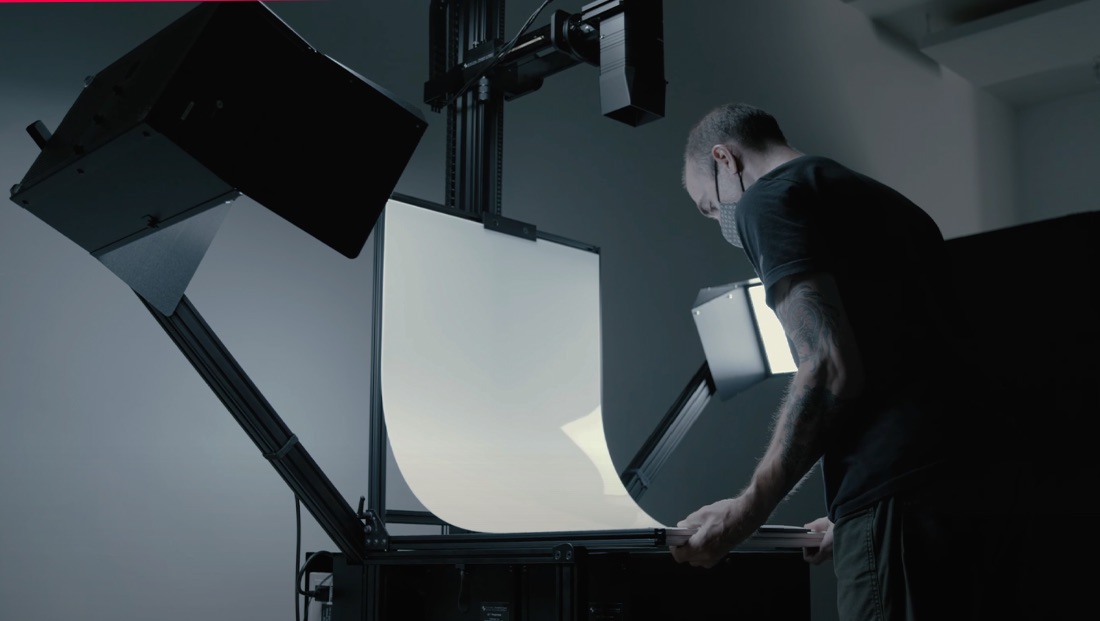Protect and leverage your broadcast archive for the digital world

Subscribe to NCS for the latest news, project case studies and product announcements in broadcast technology, creative design and engineering delivered to your inbox.
Broadcasters and other news, sports, and entertainment rights holders are always looking for new ways to benefit from their vast stockpiles of historical content — not just the born-digital content of the past 10 years or so, but the analog content that goes back decades or more.
That’s what makes 2D and 3D digitization so important. It’s no secret that having an accessible digital archive opens the door to plenty of licensing and other revenue-generating possibilities. (Not to mention that it serves as documentation in case of disaster and deterioration.)
While you’ve probably already made moves to digitize your film, video, and audio assets, have you thought about doing it with your heritage holdings?
No doubt you have countless artifacts sitting in storage that haven’t been seen in years (or maybe ever)—scripts with hand-written notes made by on-air or on-screen talent; still photography, especially negatives that have never seen the light of day; autographed posters and other memorabilia; sports gear; props and set pieces; costumes; production equipment; promotional materials. The list goes on.
By digitizing them and adding them to your content management system — yes, even the 3D objects — you could turn those precious items into new revenue streams and create a digital record of your history in the process.
When you’re ready to do it, here are the most critical things to consider:
Longevity
Rather than photographing items for a single purpose today, think about the end-to-end content management process and the longevity of the material. Make sure those digital assets meet all the necessary standards for repurposing.
Quality
If you are going through the effort to digitize your heritage, make sure the output is of high enough quality that you can reuse it in a variety of applications well into the future. Go for the highest possible resolution you can get. Some digitization providers can deliver images as high as 14K with massive dynamic range. This will cover you for years to come.
Consistency
Likewise, make sure your images are consistent from shot to shot and offer a lot of latitude for whatever tone and effects might be applied to them later.
Equipment
With the proper equipment, you can do digitization right without spending a lot of money. In fact, the greatest expense in any digitization program is staff and sweat equity. You can reduce that cost by choosing equipment that is purpose-built for heritage digitization and designed with ergonomics, ease of use, efficiency, and modularity in mind.
Training and support
Once the equipment is in place, do you have the on-site expertise to take you through the entire project? Most organizations don’t, so look for a digitization provider well-versed in collections management, professional photography, and systems integration. You should expect these experts not only to provide professional installation, system integration, workflow design, and optimization strategies but user training after installation is complete so your staff can immediately begin digitizing your collections with confidence. You should also expect these highly-trained specialists to remain available throughout your project to analyze your files and diagnose issues.
Preservation
Simply put, preserve the integrity of your original items by handling them as little as possible. If you do it right, then you’ll only need to take them out of long-term storage and digitize them once, but you can repurpose them forever.
Access
Once they’re in your content management system, your heritage assets become accessible to internal and external stakeholders for no end of uses. Choose a digitization partner with a track record of using AI techniques to help those stakeholders quickly uncover the right gems for their projects. And again, it goes back to quality: The better the image quality, the better the search results.
There’s tremendous value in your heritage. Digitization unlocks that value and lets you promote and benefit from your history.
Subscribe to NCS for the latest news, project case studies and product announcements in broadcast technology, creative design and engineering delivered to your inbox.




tags
Broadcast Archiving, content, digital content
categories
Broadcast Facility Technology, Content, Content Libraries, Featured, Media Asset Management, Stock Library, Thought Leadership, Voices